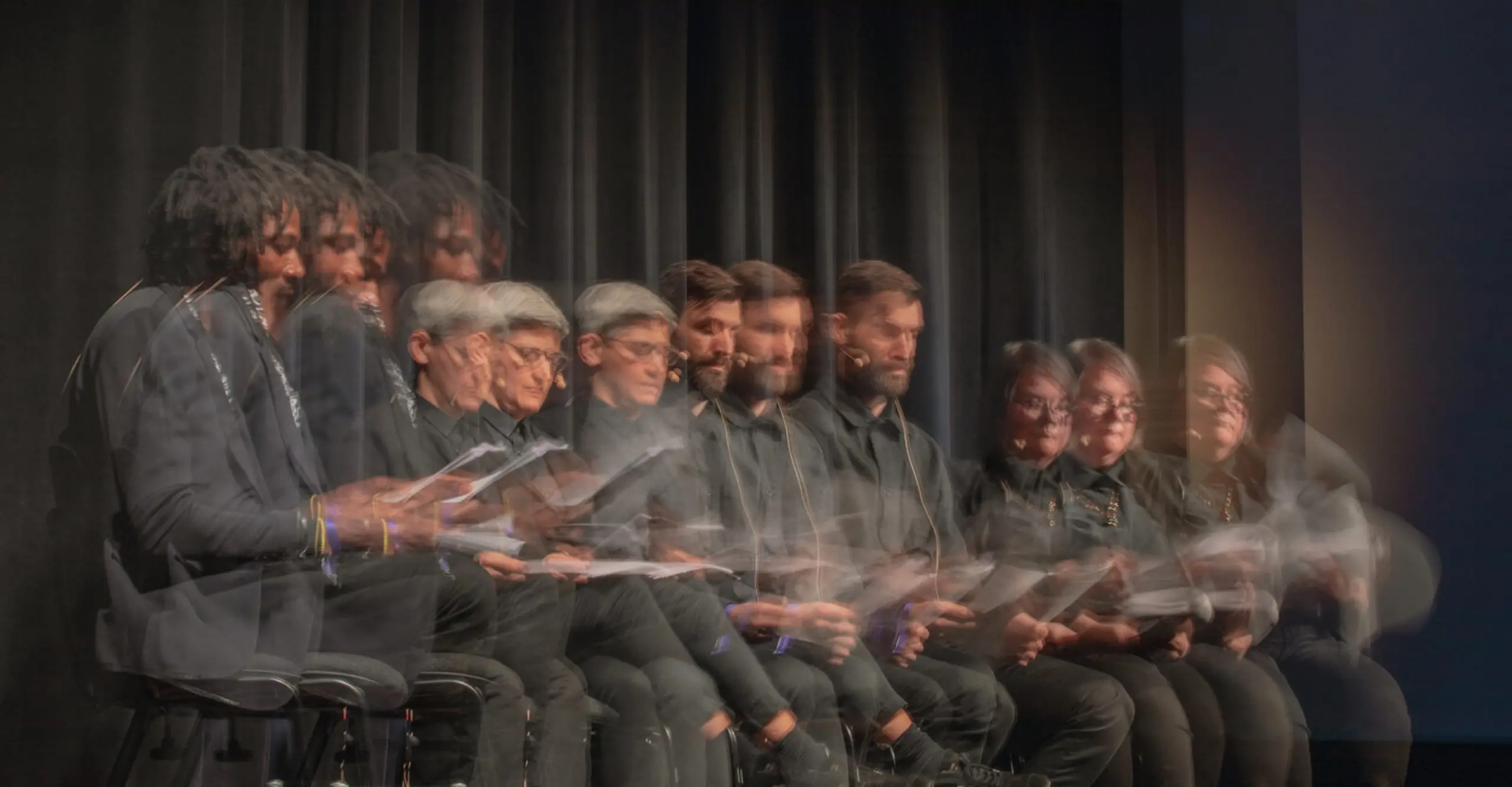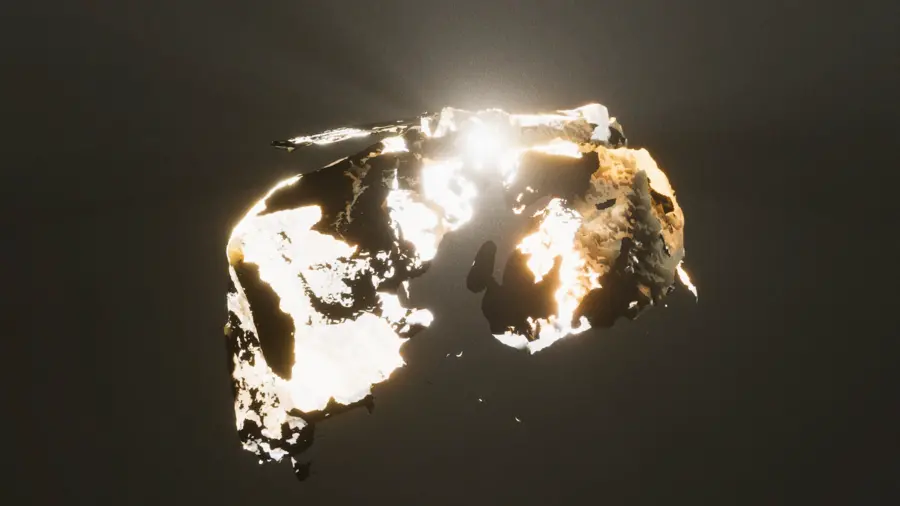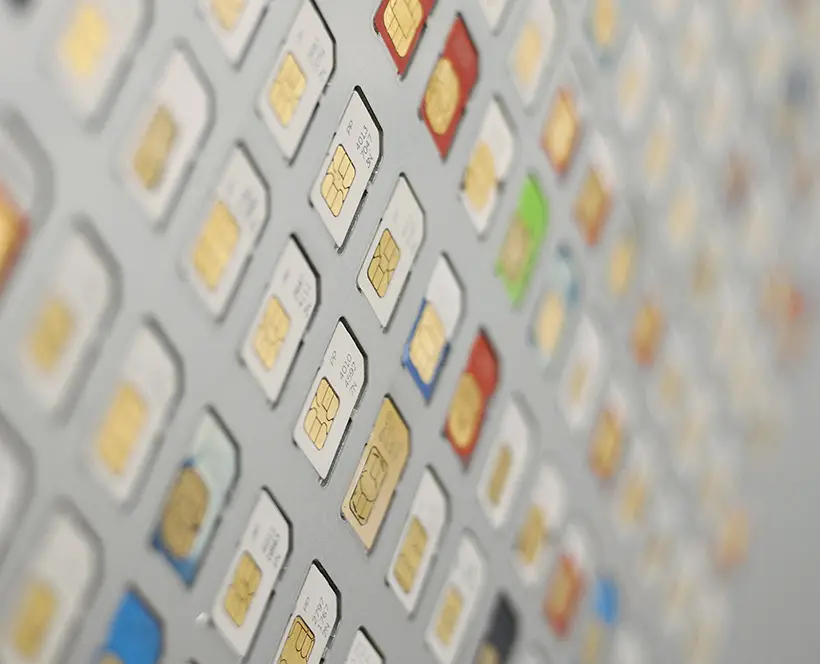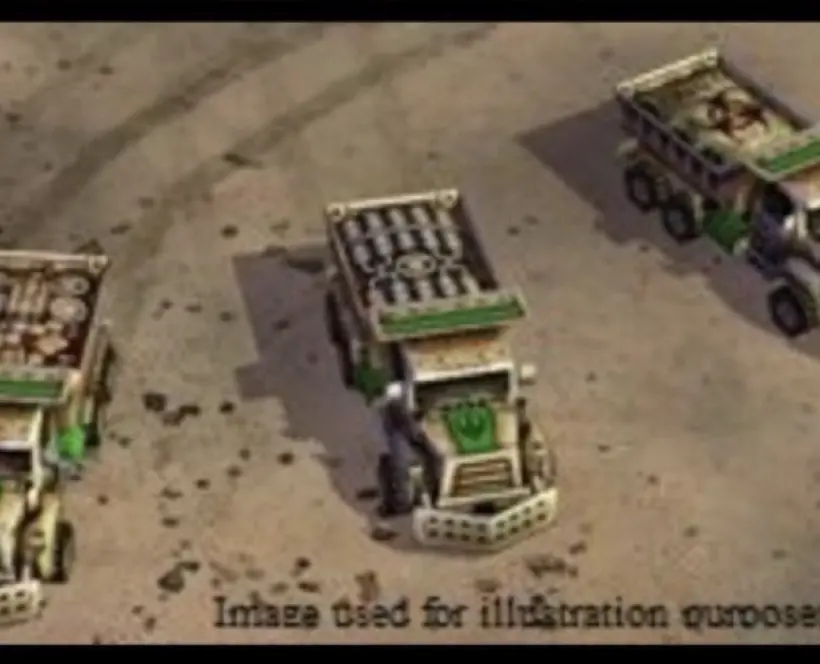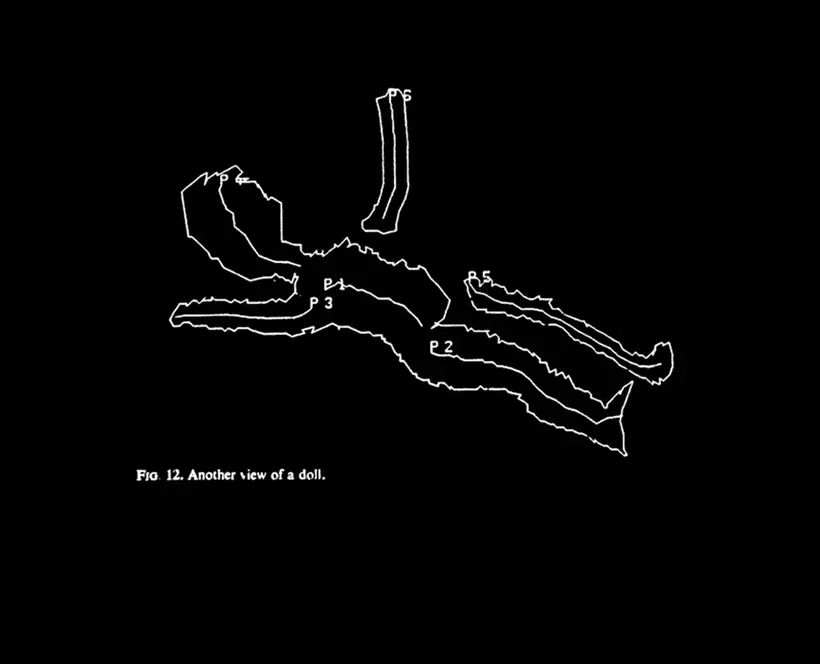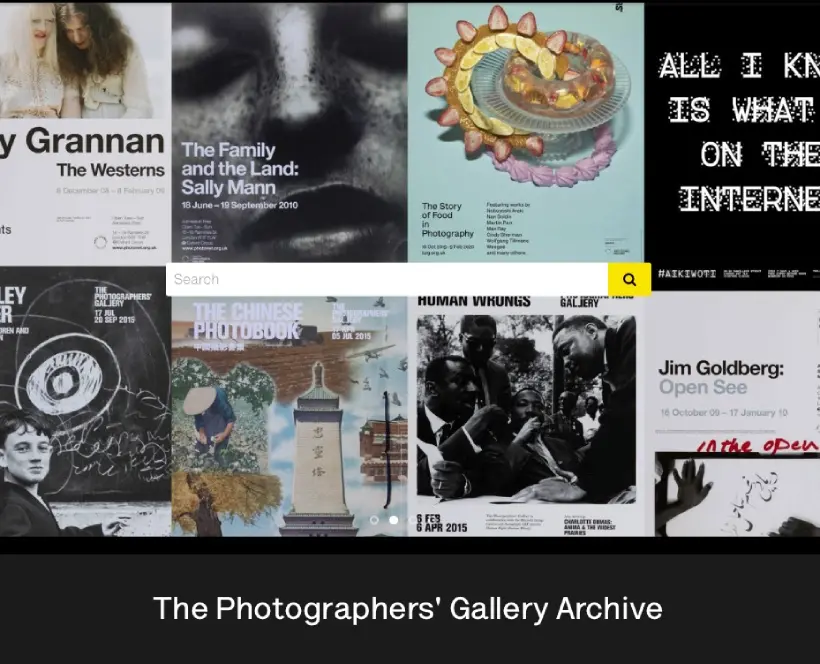A creative research group around critical and artistic practice, Planetary Portals interrogates the continued colonial legacies and geotraumas as they extend from mining gold and diamonds in South Africa to the renewed scramble for African minerals and data that fuel global digital economies.
Their work considers the Anthropocene - a contemporary planetary crisis - as a direct product of colonial histories of extraction, exploitation, and dispossession that continuously resurface and condition the limits of modern life.
The selection panel included Ioanna Zouli (researcher and editor of Unthinking Photography), Sam Mercer (producer, Digital Programme at the Photographers' Gallery) and Winnie Soon (artist, coder and researcher). Winnie Soon described Planetary Portals as "a conceptually potent and critically incisive project exploring colonialism’s enduring impact. Its artistic approach and critical depth make it a standout work that powerfully illuminates the shadows of extractivism."
For Ioanna Zouli, "amidst a shortlist of exceptional proposals that integrated advanced technologies with reflexive approaches to knowledge economy and representation, Planetary Portals distinguished itself with its critical perspective on sustained colonial afterlives. A collective research project that considers the systemic silencing of voices through colonial archives as well as ways of reclaiming and re-narrating one’s cultural history."
Planetary Portals were chosen as part of an open call, in line with an ambitious research project to explore the intersections of photography, imperialism, and networked culture. It is supported by Paul Mellon Centre for Studies in British Art.
About Planetary Portals
Planetary Portals is a creative research group formed by Casper Laing Ebbensgaard, Kerry Holden, Michael Salu & Kathryn Yusoff. They use imperial archives to create critical cartographies of the colonial praxis of “emergence and extraction”, and their work enacts a speculative reworking of the trade and trauma produced by geoengineering a colonial continent. First, they develop ‘the portal’ as a method for identifying the continued resurfacing of colonialism’s pasts, exposing how geo-social inequities are continuously re/made and maintained. Second, they develop the portal as a planetary method for connecting and reassembling colonial geographies in ways that nurture an ethics of epistemic repair and hold liberatory potential (within the shadows of colonialism).
